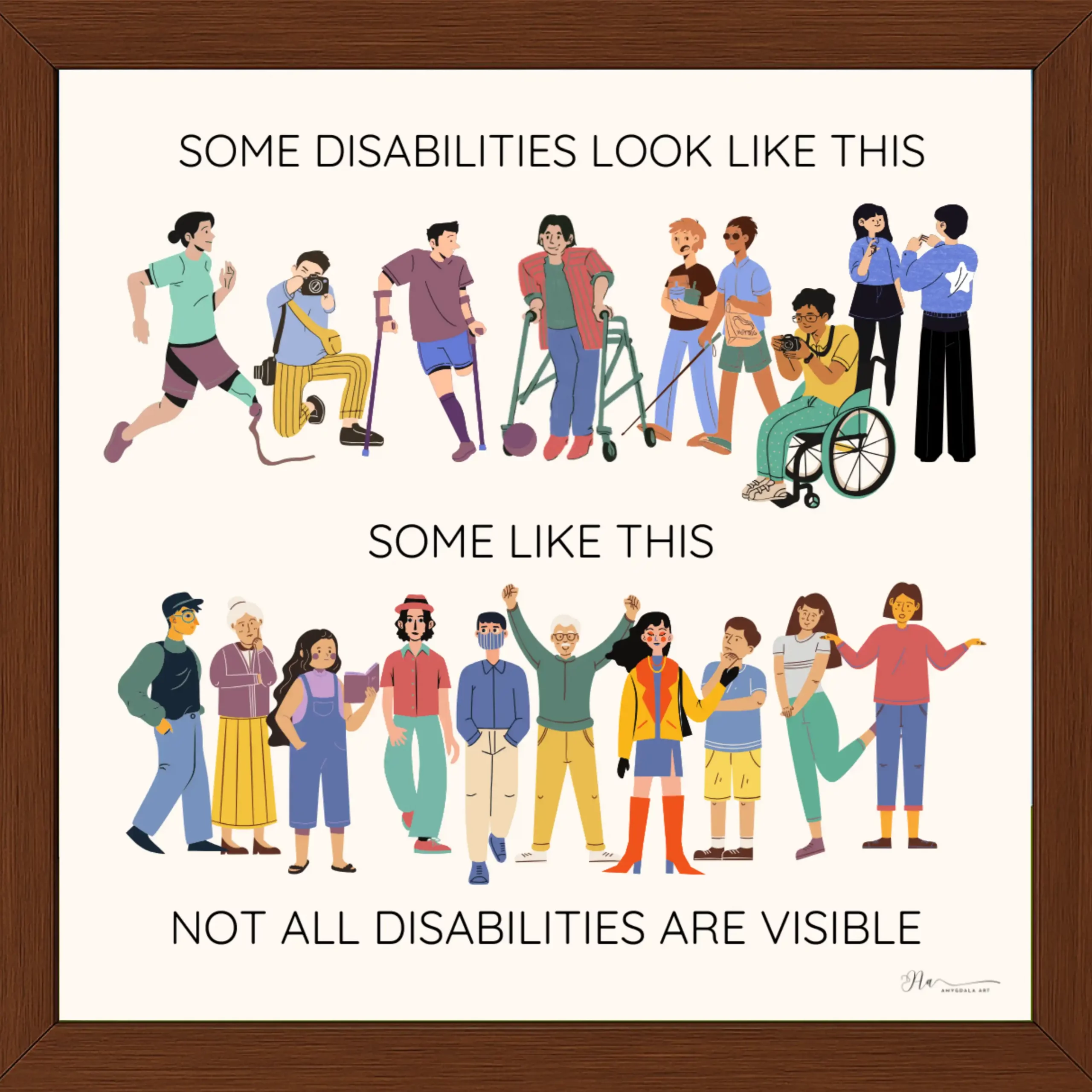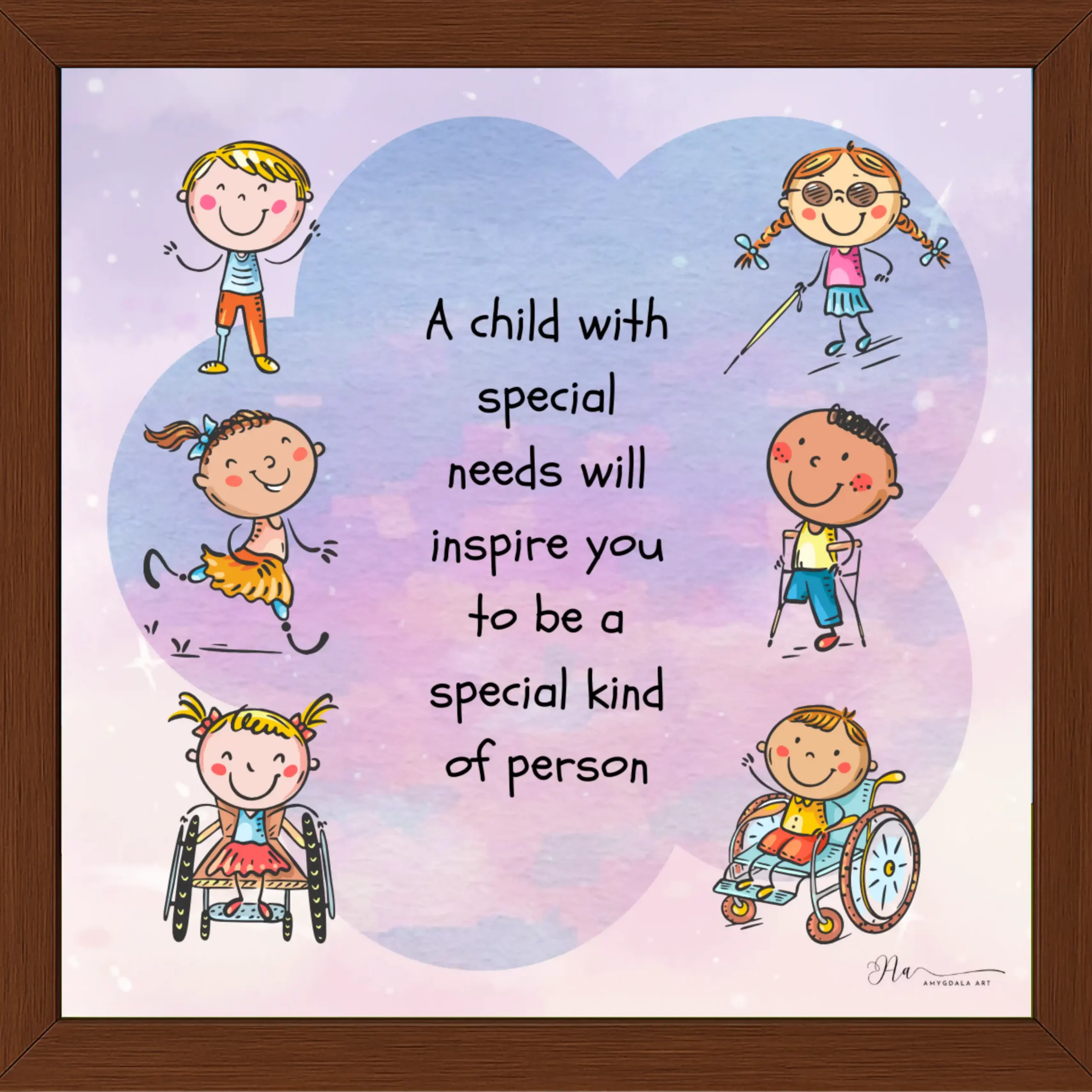A disability certificate serves as a crucial gateway to accessing rights, benefits, and opportunities for millions of Indians with disabilities.
This government-issued document provides official recognition of disability status and opens doors to educational reservations, employment opportunities, healthcare facilities, and various government schemes. With the introduction of the Unique Disability ID (UDID), the process has become more streamlined and accessible than ever before.
What is a Disability Certificate?
A disability certificate in India is an official document issued by authorised medical boards or designated hospitals that certifies an individual’s disability status and percentage. This certificate serves as legal proof of disability and enables access to various benefits, concessions, and support systems provided by the government.
The certificate covers both visible and invisible disabilities, recognising that not all impairments are immediately apparent. Understanding this distinction is crucial for creating inclusive environments and reducing stigma around disability.
Not all disabilities are visible. Conditions like autism, learning disabilities, or chronic illnesses may not show outward signs but still qualify for a disability certificate. Raising awareness is crucial.
Raise Awareness About Invisible Disabilities
Our Not All Disabilities Are Visible poster helps create understanding and empathy in workplaces, schools, and communities, promoting inclusive environments for all.
Key benefits of having a disability certificate include educational reservations (3% in government institutions), employment quotas in government jobs, travel concessions on public transport, income tax deductions, and access to specialised healthcare facilities.
What is a Unique Disability ID (UDID)?
The Unique Disability ID is a revolutionary government initiative launched under the Accessible India Campaign. This single identification system eliminates the need for multiple certificates across different states and provides a unified platform for accessing disability-related services nationwide.
The UDID card offers digital portability, allowing individuals to access their disability certificate and related benefits from anywhere in India. This system significantly reduces paperwork and streamlines the application process for various schemes and benefits.
Eligibility Criteria
Under the Rights of Persons with Disabilities Act 2016, individuals with any of the 21 recognised types of disabilities can apply for a certificate. These include physical disabilities, sensory impairments, intellectual disabilities, mental illness, and multiple disabilities.
The minimum disability percentage required is typically 40% for most benefits, though some schemes may have different thresholds. For children with special needs, early certification can ensure timely access to educational support and therapeutic interventions.
Children with special needs, such as developmental delays or speech and hearing difficulties, are also eligible for a disability certificate. Creating supportive environments can make a big difference. Our A Child with Special Needs artwork is designed to foster empathy and understanding in classrooms and therapy spaces.
How to Apply for a Disability Certificate
The disability certificate application process has been simplified through the online UDID portal. Here’s how to apply for disability certificate:
- Visit the UDID Portal: Go to the official UDID website (https://swavlambancard.gov.in/Applyforudid)
- Register Online: Create an account using your Aadhaar number and personal details
- Fill Application Form: Complete the online form with accurate medical and personal information
- Upload Documents: Submit required documents including medical records and photographs and submit your application
- Visit the Hospital/CMO Office. After submitting your application, check its status When it shows Submitted Mode visit the concerned UDID/Disability Certification Section at the hospital that has been chosen at the time of submission of application.
- Verification of Application. Get your application verified by the concerned hospital or medical authority or make corrections if required for verification.
- Assessment by specialist doctors
- Review by medical board. They will determine the type and percentage of your disability and validate the disability certificate.
- UDID card generation and dispatch. The Department of Empowerment of Persons with Disabilities (DEPwD), Ministry of Social Justice & Empowerment, will dispatch the card to your registered address via speed post.
How to Download Disability Certificate Online
The disability certificate download process is straightforward once your application is approved. Log into the UDID portal using your registered credentials, navigate to the ‘Download Certificate’ section, and access your digital certificate.
For UDID certificate download, ensure you save multiple copies and keep both digital and printed versions handy. The digital certificate is legally valid and accepted across all government and private institutions.
Documents Required
Essential documents include Aadhaar card, recent medical records from recognized hospitals, passport-size photographs, income certificate (if applicable), and any previous disability certificates. Specific medical reports may be required depending on the type of disability.
Validity and Renewal
Disability certificates can be issued for lifetime or temporary periods depending on the nature of the condition. Progressive or degenerative conditions may require periodic review, while permanent disabilities typically receive lifetime certificates. Renewal processes follow similar online procedures.
Benefits of Having a Disability Certificate
Certificate holders enjoy numerous advantages including 3% reservation in educational institutions, 4% reservation in government employment, 50% concession on railway travel, income tax deductions up to ₹1.25 lakh, free or subsidized healthcare, and access to various government schemes like scholarships and skill development programs.
Common FAQs
1. Can I apply without an Aadhaar card?
While Aadhaar is preferred, alternative identity documents may be accepted in specific circumstances. Contact your local disability welfare office for guidance.
2. Is the digital certificate valid everywhere?
Yes, digital certificates downloaded from the UDID portal are legally valid and accepted across India for all official purposes.
3. How long does the process take?
Typically 30-45 days from application submission to certificate issuance, depending on medical board schedules and document verification.
Conclusion
Obtaining a disability certificate is an essential step toward accessing the rights and benefits guaranteed under Indian law. The Unique Disability ID system has made this process more accessible and efficient than ever before.
If you or a family member meets the eligibility criteria, don’t delay in applying. Early certification ensures timely access to educational support, employment opportunities, and healthcare benefits. Visit the official UDID portal today to begin your application process and take advantage of the comprehensive support systems available.
Remember, the disability certificate download feature allows you to access your credentials anytime, anywhere, making it easier to claim benefits and exercise your rights as a person with disability in India.


